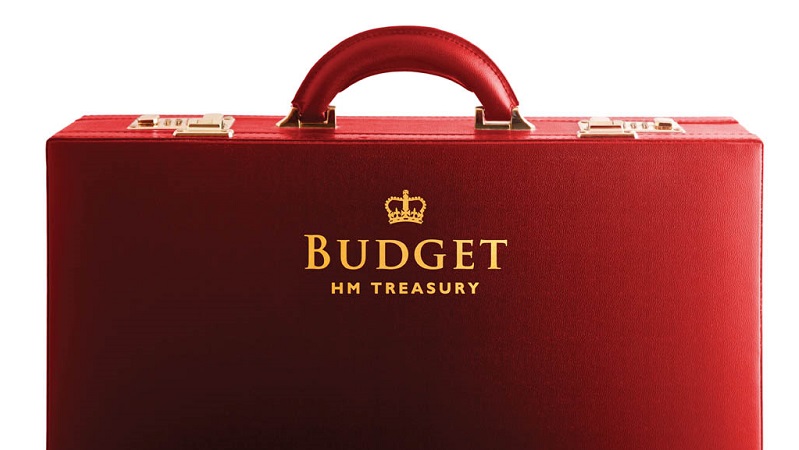Chancellor of the Exchequer Rishi Sunak has written to the Bank of England governor to reaffirm its remit to achieve low and stable inflation as prices look set to hit 4% next year.
Delivering the autumn budget and spending review on Wednesday, Sunak said he understood that people are concerned about global inflation, but the BoE had a strong track record in keeping a handle on escalating prices.
According to ONS figures, UK inflation was 3.1% in September compared to a low of 0.4% in February 2021, and the chancellor said it is expected to average 4% over the next year. This is well above the BoE’s 2% target.
Sunak said the rate had climbed due to two factors: the demand for goods has escalated quicker than supply chains can meet as economies reopen; and the global demand for energy has surged putting a strain on prices.
Supply chain and energy price problem will take months to ease
The Office for Budget Responsibility (OBR) backed this up, saying it expects inflation to remain elevated over 2022 and 2023, reflecting the lagged effects of recent increases in wholesale energy and other input prices.
“The pressures caused by supply chains and energy prices will take months to ease,” Sunak added. “It would be irresponsible for anyone to pretend that we can solve this overnight.”
He added people will be worried by escalating inflation, “but they have a government here at home ready and willing to act”.
The government has committed a package of measures to revive the UK’s floundering haulage industry, including £32.5m to spend on roadside facilities for HGV drivers, training an additional 5,000 drivers, increasing the number of driving tests, and freezing vehicle excise duty for HGVs. It is also issuing up to 5,000 temporary visas for haulage drivers to work in the UK.
It is also committed to a new £500m household support fund.
4% inflation ‘will spook everyone’
Interactive Investor head of pensions and savings Becky O’Connor said the 4% inflation forecast “will spook everyone already worried about rising living costs”.
She added: “Inflation at a level of 4% becomes hard to beat even when investing in the stock market, so long term investors will have to box clever to beat it. Some may feel they are being pushed out of their risk comfort zone in order to do so.
“The additional prospect of an imminent rise in interest rates, hinted at by the chancellor as he referenced the Bank of England’s duty to control inflation, will be scant comfort, as savings rates remain so far behind inflation that any rise would make little difference to the appeal of keeping money in cash savings.”
OBR says economy will be back to pre-pandemic level by end of year
Elsewhere, the OBR’s latest forecast expects the UK economy to grow by 6.5% in 2021, followed by 6% and 2.1% in 2022 and 2023, respectively. It said the UK economy should return to its pre-pandemic size by the start of next year, rather than by mid-2022 as previously expected.
It also expects the post-pandemic scarring of potential output to be 2%, compared to 3% in its March forecasts.
However, the OBR’s Economic and Fiscal Outlook, noted that ongoing supply chain issues and labour market shortages are likely in the near term to act as a headwind to growth and push up inflation, presenting a risk to its forecast.
Gam Investments investment director Charles Hepworth said: “While the UK is now enjoying its fastest growth rate since 1973 at an OBR forecasted 6.5% clip as it bounces back from the near 10% contraction last year, UK equities still remain a pretty unloved regional play for global investors. The scarring of Brexit is still a haunting concern for many and sterling still firmly reflects that.”
HSBC Asset Management analyst James Antwis said the chancellor is moving away from big deficits and toward fiscal discipline at a time when UK GDP remains below its pre-pandemic trend.
“The Bank of England appears to be set for a rate rise before year-end,” he added. “However, the combination of higher rates and premature fiscal tightening could jeopardise the recovery and this means that today’s budget should provide food for thought for the MPC ahead of next week’s policy meeting, and throws doubt on whether the bank can raise rates as quickly as markets are currently pricing.”






